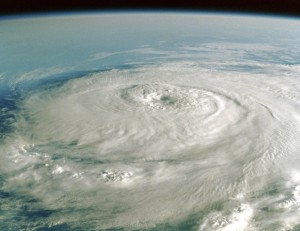What happens if a major storm were to wipe out your business’s power supply, knock out your ability to access client and candidate information and make it impossible for staff to get to work? Some staffing firms in New York City and the Northeast discovered the answer to that question when Hurricane Sandy struck.
Is your firm ready for a crisis?
As President John F. Kennedy said, “When written in Chinese, the word ‘crisis’ is composed of two characters. One represents danger and the other represents opportunity.”
With proper planning and preparation, a crisis can present the opportunity to demonstrate their management and leadership skills. An effective crisis plan is based on strong knowledge of the organization at risk and its potential vulnerabilities. In fact, most crises can be anticipated and can certainly be planned for.
A good working crisis plan will anticipate possible scenarios, the subsequent actions that ought to be taken and the role of key staff members in executing the plan. Components in the plan can range from identifying back-up energy sources and evacuation routes to conducting crisis response drills to listing step-by-step communications protocol. Having a good, updated crisis plan — or at least a rapid response process to monitor breaking news like a sudden stock drop — can help companies minimize potential damage, salvage a reputation, and communicate with board members, clients, business partners, employees and other stakeholders.
Different staffing firms will have different crisis plans depending on their organization’s size, location, industry and other factors. However, every crisis should contain the contact information for key executives, emergency personnel, legal counsel and local media contacts, as well as a step-by-step planning document that details the actions to be taken in the event of specific crises.
When considering the scenarios, you should also consider that a crisis isn’t always a fire or explosion, but may be something internal, that management knows about ahead of time, often referred to as a smoldering crisis. The Institute for Crisis Management in Louisville Kentucky says a smoldering crisis is twice as likely to occur as a sudden crisis.
It is not enough to write a crisis plan once, however. Potential crises change over time, as current problems or issues get resolved, others develop. Companies need to evaluate their crisis plans regularly, and especially after a significant event — an acquisition, for example.
CareerBuilder infographic on workplace disaster readiness.









